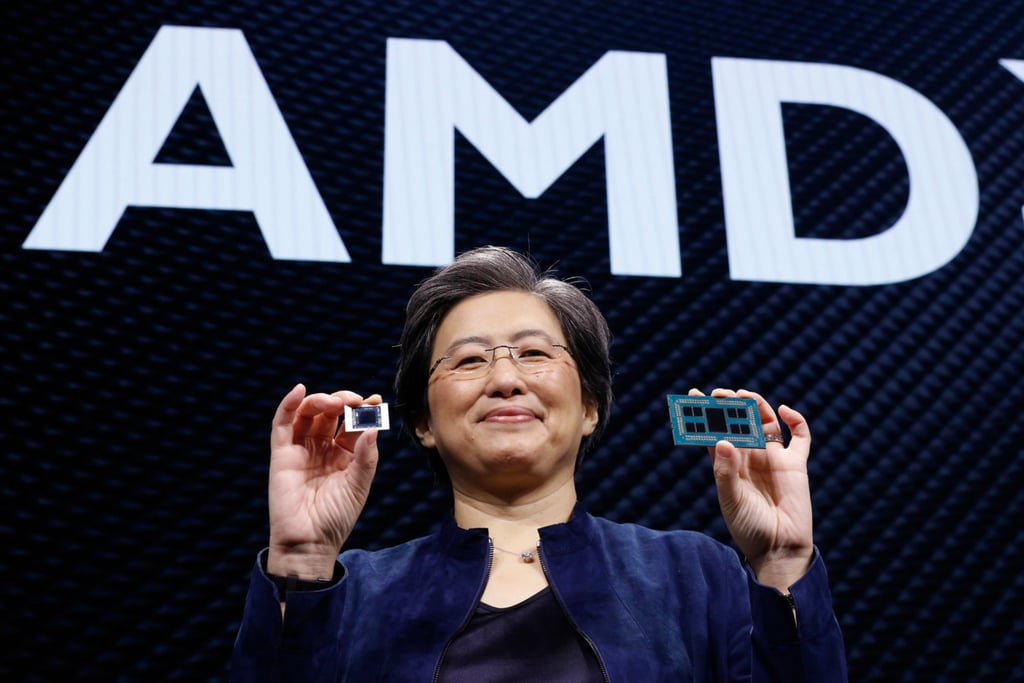AMD investors applauded the deal, sending the shares up as much as 4.2 per cent in New York on Monday. The transaction consists of 75 per cent cash and 25 per cent AMD ordinary share.
Closely held ZT has extensive experience making server computers for owners of large data centres – the kind of customers that are pouring billions of dollars into new artificial intelligence (AI) capabilities.
“AI is the most transformational technology of the last 50 years and our No 1 strategic priority,” AMD chief executive officer Lisa Su said in a call with investors on Monday, adding that the ZT takeover will allow the company’s largest customers to more rapidly deploy AMD’s AI infrastructure.
ZT’s engineers “understand the challenges of designing and managing high-performance and high-density systems at a massive scale”, she said.
AMD is the second-biggest provider of the graphics processors that have become so vital to developing AI software. And it has spent more than US$1 billion in the last 12 months to expand its reach in that market. In July, the company agreed to buy Silo AI for US$665 million to add a maker of artificial intelligence models.
ZT had about US$10 billion of sales in the last 12 months, almost all from manufacturing. AMD does not want to compete with customers such as Dell Technologies and HP Enterprise, so it will sell those production operations after closing the transaction in the first half of next year. The chip maker will retain about 1,000 engineers, Su said.
The computer maker has 22 per cent of the market for servers based on graphics chips, according to Bernstein Societe Generale Group. It grabbed the biggest stake in that segment through a partnership with OpenAI and Microsoft, the firm said.

Monday’s deal could be seen as a confession by AMD that “they are behind on the capabilities they need to succeed in the AI market versus their larger competitor”, Bernstein analyst Stacy Rasgon wrote in a report. “One could also argue that it is better to do a deal like this than not if that is the situation.”
Santa Clara, California-based AMD is considered Nvidia’s closest rival in AI processors. Its new MI range of accelerator chips will bring in more than US$4.5 billion of new revenue this year, the company has projected. That puts it ahead of all other challengers to Nvidia, but still way behind. Analysts expect Nvidia to generate US$100 billion in data centre revenue this financial year.
Part of Nvidia’s expansion has been fuelled by offering chips, networking, servers, software and services, all aimed at making AI use more pervasive in the economy. Under Su’s leadership, AMD is showing a commitment to match that reach.
AMD’s gains in recent years have pushed its market value to well over US$240 billion, more than twice that of long-time rival Intel.
The company is looking for “a strategic partner” to buy ZT’s US-based data centre infrastructure manufacturing business. A deal for that segment is expected to follow the close of the ZT takeover in the first half of 2025.
“We believe ZT’s manufacturing business will be a very attractive asset to multiple players in the ecosystem given the scale of the business and the US and European footprint,” Su said.










